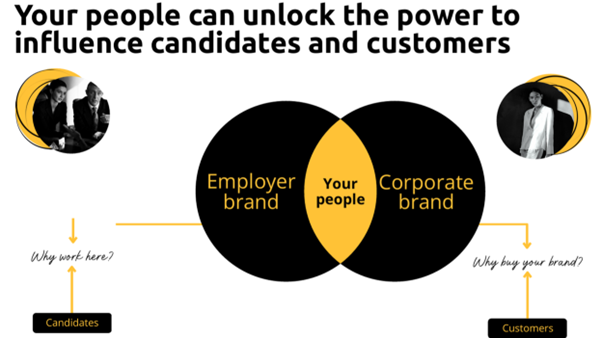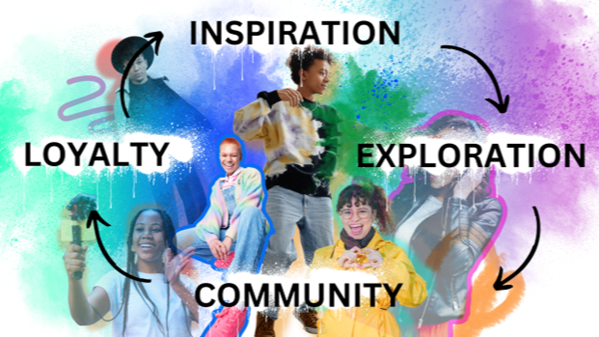Is Talent going to be the number one issue facing Australian companies in FY24?

We are operating in a multi-speed economy. Different sectors are navigating vastly different scenarios. But the common challenge is Talent, what's your solution?
Regardless of where your company is at - frantically looking for talent or deciding on where to make cuts - when it comes to people, having a good understanding of the workforce skills you already have, as well as a good talent, engagement and mobility strategy, are going to be essential for success.
Develop your people
We are near full employment in Australia so finding talent is going to continue to be a pain point for most companies, so deciding whether to build, buy and/or borrow talent is critical.
KPMG Australia’s annual survey of business leaders shows that talent – recruiting, retaining and upskilling staff – is the number one issue facing Australian companies in 2023 with 77% of leaders nominating it as their biggest challenge compared to 69% in last year’s survey.
Mobility, skills visibility, up-skilling, re-skilling, development, and retention are all going to become real issues if companies don't start looking at implementing solutions to deal with this now.
Know what skills your people possess
Back in January 2023, Alison Kitchen, KPMG Chairman, said:
"Finding and keeping good quality staff is vital at the best of times, but with unemployment at its lowest level in over 50 years the challenge has become greater due to a smaller pool of talent. Our respondents rightly acknowledge they need to implement actions to keep talented people, and provide a work environment that fosters learning, development and growth."
I feel like a broken record, but companies must put talent needs at the centre of their business strategy. Skills transparency is now a burning platform because we simply do not have enough skilled people available to do all the jobs currently out there. Can you honestly say that you have a good understanding of what skills you have within your existing workforce? Most companies don’t but even fewer understand how their employees actually want to utilise their skills in their future career. It’s one thing to know that someone has the skill, but it is a whole other thing to know how (or even whether) they want to apply that skill in their next role.
This is the gap that opportunity marketplaces are filling – making internal upwards and sideways opportunities available to people so they can expand and develop their expertise without having to look externally.
Everyone must be accountable for talent outcomes, not just HR
Advertising internal roles and waiting for employees to apply is not a good mobility strategy.
Most managers find it hard to commit time to a recruitment process, let alone time on employee development. When it comes to upskilling managers in recruitment and development, managers need to understand the benefit they gain by adopting an ‘always-on’ talent-first mindset. Plus, they need clear KPIs in this area that show them how they are expected to deliver when it comes to engaging talent for which they are responsible.
In this economy, people managers must laser focus their efforts on retention and make sure they are doing everything possible to keep the people they already have. Attraction, engagement, development and mobility can no longer sit with HR, TA or individual employees. With talent as a business-critical strategy and each manager embracing and being accountable for talent, businesses will navigate well in this persistent talent short market.
If your company is doing these things well, then you are well on your way to building a workplace people will want to work in. Instead of looking for them, they’ll start coming to you.



